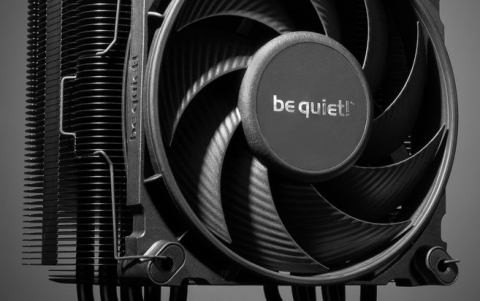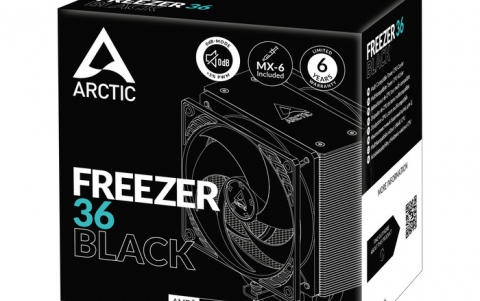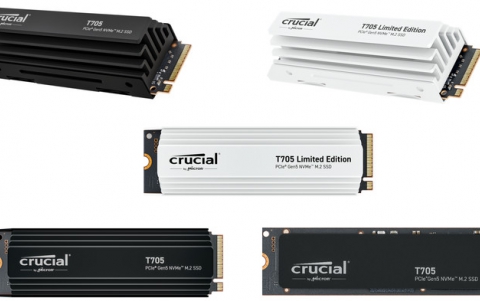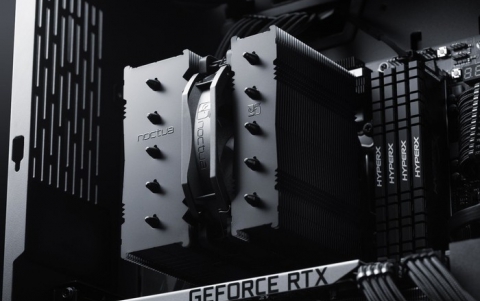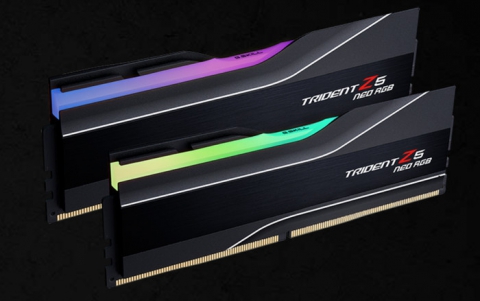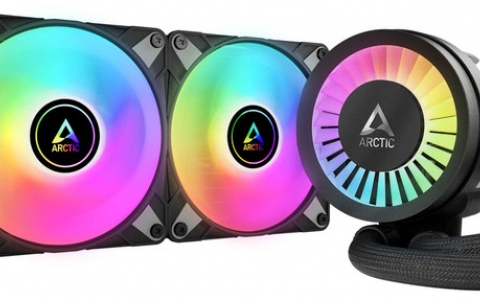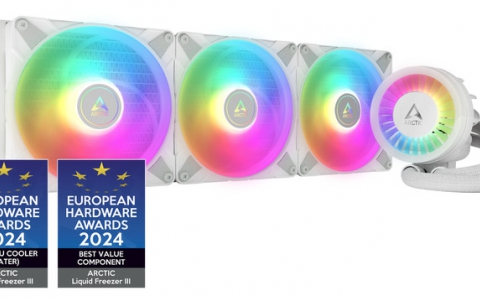
Asus, Gigabyte Duel on Motherboard Technologies
Asus released today an official statement responding to Gigabyte's claims that Asus is making baseless claims on its motherboard's energy saving features.
The story begun earlier this week when Gigabyte's technical team has reportedly tried to compare Asus' and Gigabyte's implementations of energy saving and electrical efficiency technologies in their respective motherboard models. Asus is currently promoting its EPU (Energy Processing Unit) motherboards while Gigabyte offers the EDS (Dynamic Energy Saver) technology in its latest offerings.
In a presentation given to Tom's Hardware editors last week, Gigabyte's technical team compared the EPU and EDS systems and concluded that Asus' claim of a 80.23-percent power saving provided by EDS systems is "cheating end- users" adding that Asus is "playing numbers marketing". Gigabyte engineers also pointed out that the EPU chip on Asus motherboards does not process at all and simply handles software behaviors, and does not control any hardware functions on any part of the motherboard.
Asus picked up the glove today and released the following statement:
"It has come to our attention that a certain Taiwanese Motherboard Manufacturer has made false claims against ASUS motherboards. These claims have given rise to false information being communicated in both the mainstream media and technology channels. ASUS wishes to clarify the issues and so avoid any further confusion,"
"After investigation, it is clear that this company in question made use of a sponsored gathering of local and international media to deliberately spread information that we consider both untrue and without credible verification. This "disinformation" is not only extremely damaging to ASUS but also completely misleading to the consumers."
Asus also said that it reserved the right to take legal action against any party that creates or spreads such rumors.
Both Taiwanese companies are competing in the market of motherboards, with Asus to generally release motherboards designed for enthusiasts that seek the ultimate performance while Gigabyte is trying to promote a slightly different profile based on the quality of their products.
In a presentation given to Tom's Hardware editors last week, Gigabyte's technical team compared the EPU and EDS systems and concluded that Asus' claim of a 80.23-percent power saving provided by EDS systems is "cheating end- users" adding that Asus is "playing numbers marketing". Gigabyte engineers also pointed out that the EPU chip on Asus motherboards does not process at all and simply handles software behaviors, and does not control any hardware functions on any part of the motherboard.
Asus picked up the glove today and released the following statement:
"It has come to our attention that a certain Taiwanese Motherboard Manufacturer has made false claims against ASUS motherboards. These claims have given rise to false information being communicated in both the mainstream media and technology channels. ASUS wishes to clarify the issues and so avoid any further confusion,"
"After investigation, it is clear that this company in question made use of a sponsored gathering of local and international media to deliberately spread information that we consider both untrue and without credible verification. This "disinformation" is not only extremely damaging to ASUS but also completely misleading to the consumers."
Asus also said that it reserved the right to take legal action against any party that creates or spreads such rumors.
Both Taiwanese companies are competing in the market of motherboards, with Asus to generally release motherboards designed for enthusiasts that seek the ultimate performance while Gigabyte is trying to promote a slightly different profile based on the quality of their products.















